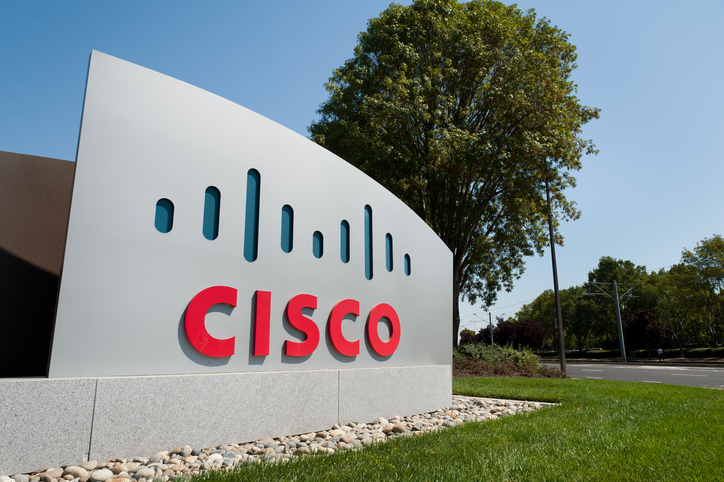I Want One of Those (IWOOT), an e-commerce site specialising in gifts and gadgets, came to adopt open source software not because of an ideological belief, but because commercial applications had consistently let it down. At times in its ten-year life span, it seemed that the business might collapse as a direct result of packaged software shortcomings.
After its founding in 1999, the company’s early years saw it quickly outgrow numerous low end ERP packages, one of which – named Priam – caused a devastating disruption to the business.
“Priam died in spectacular fashion,” explains Angus Gow, the company’s head of technology strategy development. It buckled under the weight of orders, leaving IWOOT unable to fulfil customer transactions.
At that time, the company began to realise how important IT was to its business, and pledged to spend some serious money on the problem. IWOOT picked out another ERP package, Elucid, which held the promise of helping the company grow.
But while the basic costs were acceptable, the company failed to realise how much the package would cost it in terms of updates and enhancements to the system. “It got to the ridiculous state where changing a field name would cost us £20,000,” says Gow.
The crunch came in December 2006. It was the company’s best Christmas ever in terms of orders, but the ERP again collapsed catastrophically. “We ended up with a 2 year back-log of orders,” recalls Gow.
Around this time, Gow began to realise that the company must take application design in its own hands. “The thing that set us apart is that we are different,” he explains. “If we allow a package to impose on what we do, we will become mediocre.”
This realisation led him to propose open source software, to which some employees reacted with scepticism. “Someone said to me, ‘you’re mad to base your business on ShareWare’.”
But after a thorough evaluation of various commercial ERP packages and an open source alternative named Open for Business (OFBiz), the deal was sealed. With commercial offerings, not only was the initial outlay considerable, but licence fees would increase as the company grew. With OFBiz, the outlay was comparable but there would be no extra licence costs as the company grew, so it would in fact get proportionally cheaper.
For Gow, though, cost is only part of the benefit of open source. More importantly, it puts IWOOT’s IT department in a position to innovate.
“There is a reduced risk in trying things out; if something is not working we can scrap it because we have not committed to paying any more licences,” Gow explains. “And we don’t need to get business budget approval to add functionality.”
Gow’s argument is backed up in the company’s operational performance. When the Elucid ERP package was in place, the dispatch warehouse employed 120 people working 14 hour days. The proportion of incorrectly picked orders was around 1.3%; the subsequent complaints required IWOOT to hire 90 agents in its call centre.
By developing its ERP software to better organise its supply chain and packing processes, IWOOT has greatly improved those figures. The dispatch warehouse employs just 55 people, and the incorrect picking rate is down to 0.003%. That has allowed the call centre staff to drop to 46 agents.
“Even if this year we don’t get the same volume as Christmas 2007,” explains Gow, “it will be much easier for us to make a profit.”
All this has greatly improved the IT department’s standing at IWOOT. Having once been overlooked by the company’s senior management, IT now gets a place on the board.









